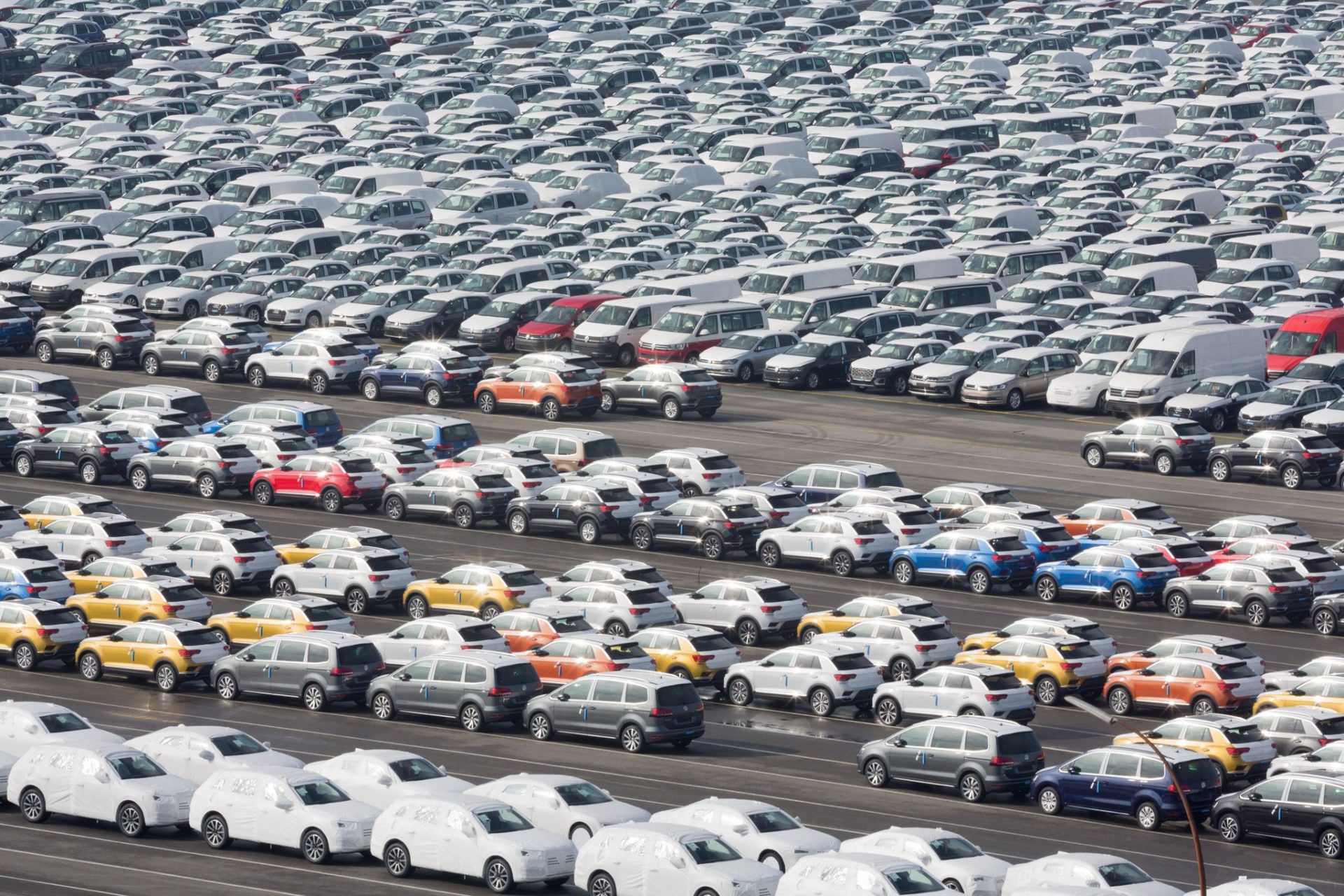Brussels (dpa) – The sluggish demand for electric cars in Germany is causing a decline in the EU average. Registrations of electric cars fell by 10.2 percent in December 2024, according to the industry association Acea. “This decline was mainly caused by a significant drop in registrations in Germany (-38.6%) and France (-20.7%),” Acea said.
Overall, the share of newly registered electric cars fell to 13.6 percent in the entire year of 2024. A year earlier, the share was one percentage point higher, according to the information. Gasoline and diesel vehicles remain popular in new registrations. They account for 33.3 (2023: 35.3) and 11.9 (2023: 13.6) percent, respectively. Hybrid electric cars increased by about five percentage points and now have a share of 30.9 percent.
Germany lags behind in e-cars
Contrary to the EU trend, the share of newly registered cars with gasoline or diesel engines in Germany rose slightly last year. In 2023 they still accounted for 34.4 and 17.1 percent, respectively, in 2024 they were 35.2 and 17.2 percent.
The share of electric cars on the roads increased visibly in some other EU countries. For example, their share of new registrations is significantly higher in Scandinavia. Denmark was the EU-wide leader with a view to 2024. There, according to Acea, electric vehicles accounted for 51.5 percent of the market.
Electric cars have long been promoted in various ways in Scandinavia – for instance, in the Danish capital Copenhagen, they were allowed to park for free until the end of 2023, unlike internal combustion engines. The charging infrastructure was also significantly expanded in Denmark in 2024. The fact that Scandinavians tend to buy more electric cars than gasoline or diesel vehicles is presumably also related to the higher wage levels in their countries.
Automobile market slightly improves – but still below 2019 levels
Overall, new passenger car registrations in the European Union rose slightly last year. In 2024, over 10.6 million vehicles were sold in the EU, an increase of 0.8 percent compared to the previous year, according to Acea. The auditing and consulting firm EY emphasized that the automotive market remains significantly – 17 percent or almost 2.2 million vehicles – below the level of the pre-crisis year of 2019.
“Demand for new cars is weak – in Germany as well as in most other EU countries,” said Constantin M. Gall from EY. This leads to a permanent underutilization of car factories. Reasons include the economic downturn, political uncertainties, and high new car prices. EY also shared: “In 2025, the EU sales market is unlikely to perform much better than the previous year.” However, electric cars are expected to sell better thanks to massive price discounts from manufacturers. (January 21)
 go to the original language article
go to the original language article
